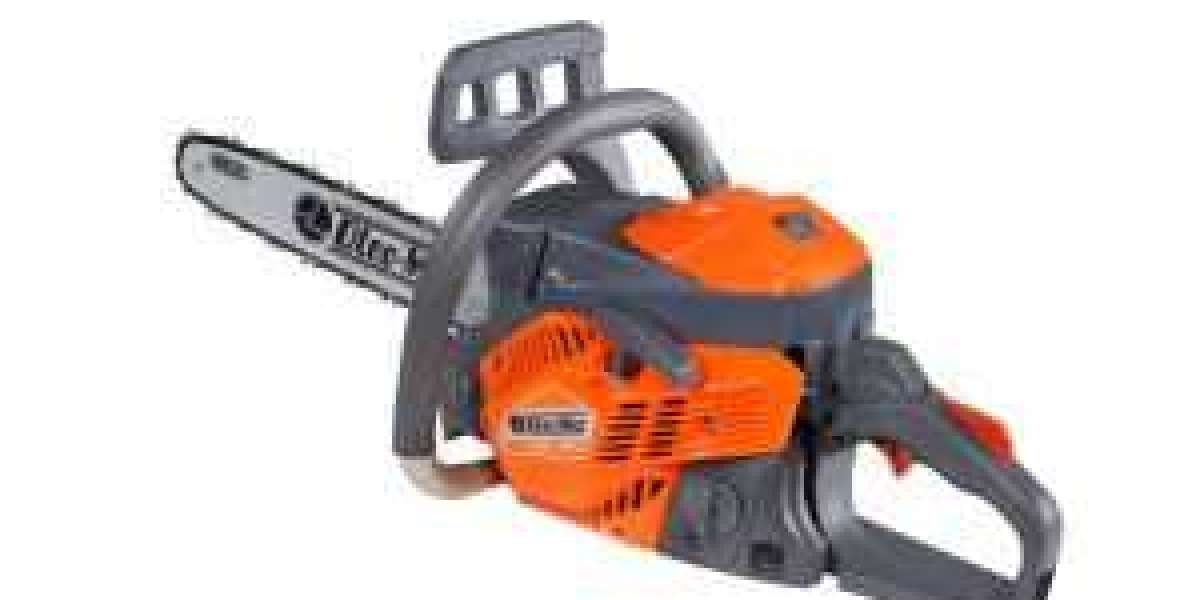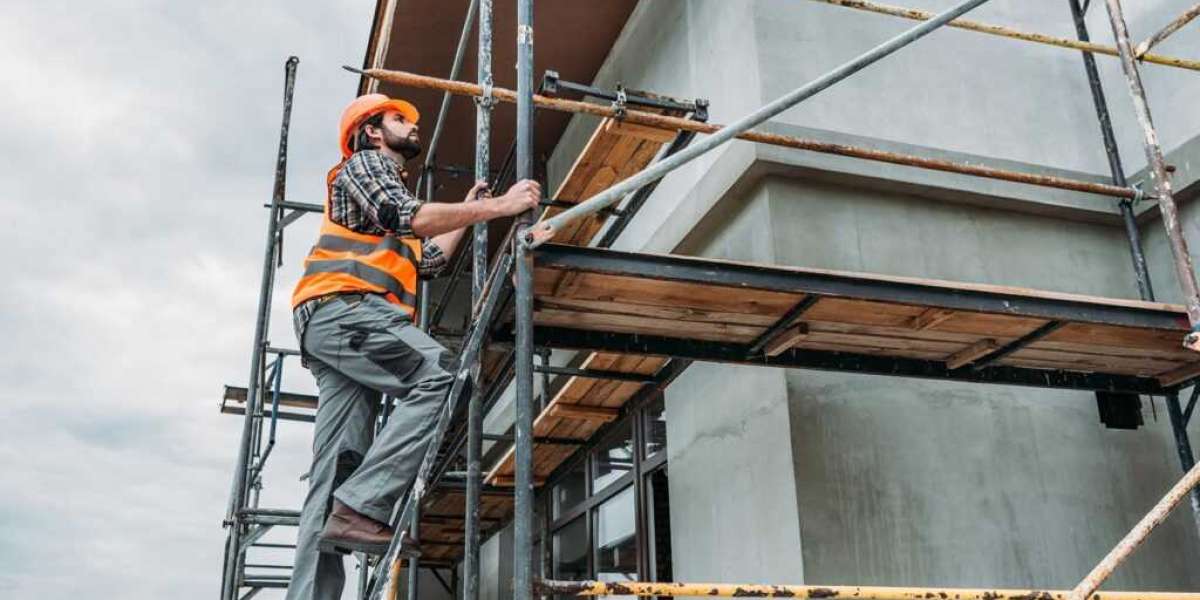A night at the cinema doesn't have to wait until quarantine ends, because you can have your own movie theater right at home. With more affordable technology, many families enjoy a real movie theater experience from the comfort of their homes. But due to this there are also so many variables to consider, both technical and financial. With so many options, setting up a home theater can be a dizzying experience. But even the most non-tech-savvy beginner can do a lot to get the most out of a home theater experience, no matter the price range.
One of the best variants if you have a courtyard is to make yourself a properly-made outdoors movie theater with a projector and a comfortable place to spend your time during movie-watching sessions. There is something special about watching movies outdoors. Outdoor viewing is a unique spin on your typical movie night. You have a great opportunity to stream blockbusters under the stars in your backyard. You can look at some of those good daylight viewing projectors, for example, in an article by Jack Herer at ProjectorExpo. And we’ll talk about some basics at choosing a projector for daylight viewing and your very own outdoors movie theater.

What is the essence of daylight projectors?
Everyone knows that projectors are devices that project light rays onto a large screen or using a specifically designed lens system. Due to this, almost everyone thinks that projectors can only be used in the dark, but that’s not true, despite this common belief. Modern-day projectors are capable of operating in a variety of lighting conditions and producing high quality images even in daylight. However, such devices must have sufficient capabilities to achieve this.
To work properly in daylight, a projector must have a high contrast and be able to project images onto the light gray back of the screen. This will give increased contrast and color saturation, so the image will have a good quality even outdoors. These projectors are predominantly used for events such as open air cinemas, performances and other outdoor events. But those devices are suitable to do the same stuff indoors. It won’t matter if there’ll be a lit room or a dark one - a properly chosen projector will do the stuff.
Which daylight projector to choose?
To be honest, there is no better projector - it's a matter of personal choice. To make it easier for you, we have selected several models that are certainly good and will suit your needs. The good ones that will suit your needs have stated that you need the best one for use in a well-lit area or outdoors.
NEC Corp NP-PA853W-41ZL
Literally one of the most powerful digital cinema projectors, it delivers accurate and vibrant color even in well-lit rooms with its 8500 lumens and 4K resolution. It can use almost any device as a source and even supports Blu-ray formats. But there is one sad moment - it is very expensive because of the removable interchangeable lens.
The DR. J Professional
LED video projector with powerful brightness. It was created for watching movies in nature with the family. With 1080p native resolution, it can easily create high-quality images. It also has a telephoto lens with different focusing ranges, making it useful for outdoor use. The projector has a lamp life of 40,000 hours and a projector-to-screen distance of 1.5-5m. And you can also connect a home theater system or surround sound system for better sound quality.
What screen to use with a daylight projector?
If you already own a good outdoor projector, buy a well-made screen to enhance your experience. Carefully tilted, creatively adjusted projector screens can greatly enhance the daylight experience of a projector.
The smaller the reflective surface of the projector screen, the brighter the projected image. These screens also work well with rear projection. The latest technology for daylight projector home screens uses commercial micro-sewing material to help absorb ambient light from above, maintain brightness and maintain high contrast in projected images.
Choose a suitable location for your daytime projection screen. Avoid direct sunlight. Keep the sun behind the projector screen whenever possible. Create shade - using a tilted hood also reduces brightness around the screen so that it can mess with less ambient light while increasing sharpness and color saturation.









